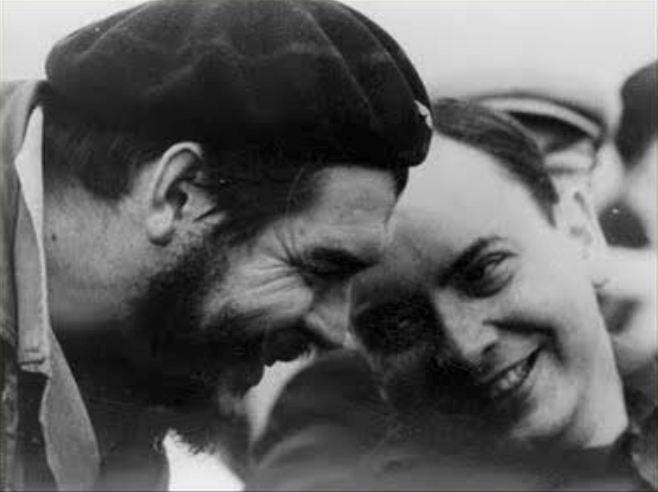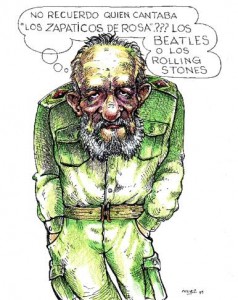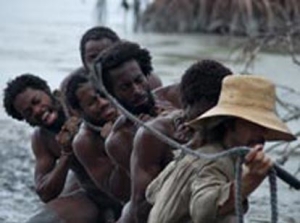No small beer at Cuba’s Film School
This is a revised version, incorporating feedback received.
At the beginning of July, the EICTV, Cuba’s world renowned film school at San Antonio de los Baños was hit by a bombshell when the current director, the Guatemalan Rafael Rosal, announced his resignation, following revelations about corruption involving illicit sales of beer. Three members of the school’s workforce were arrested, but there’s no evidence that Rosal personally benefitted. According to Rosal himself, speaking to me in Havana before leaving for England with his English wife and children, he had been obliged to resign as a scapegoat for a practice that had been going on for at least fifteen years, and which had reached the point where it was heavily subsidising the school’s operation, which costs US$1.4m a year. No small beer. He didn’t mention to me that he was asked to resign by the student body.


